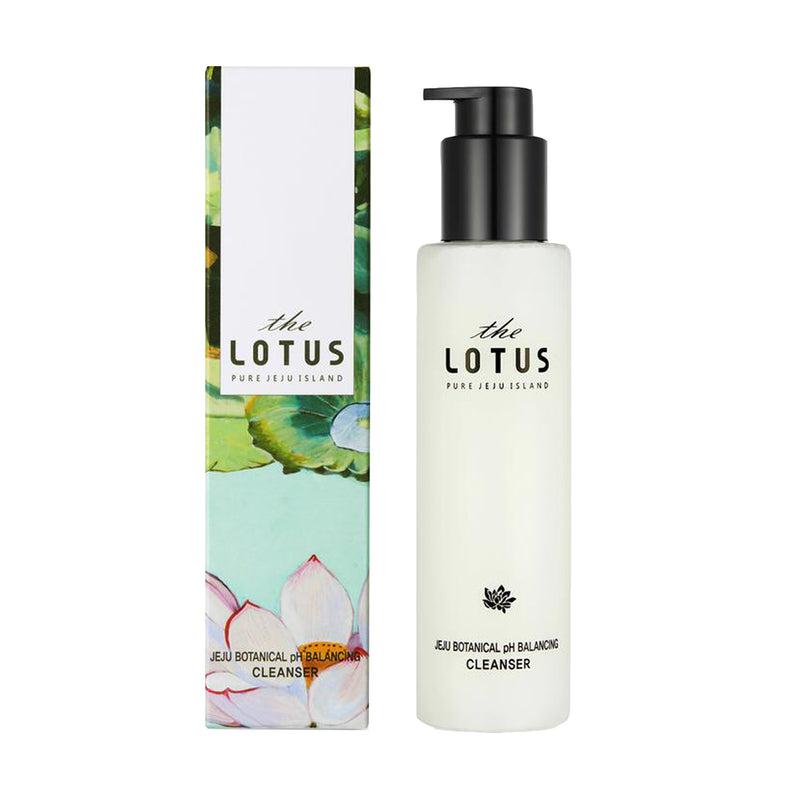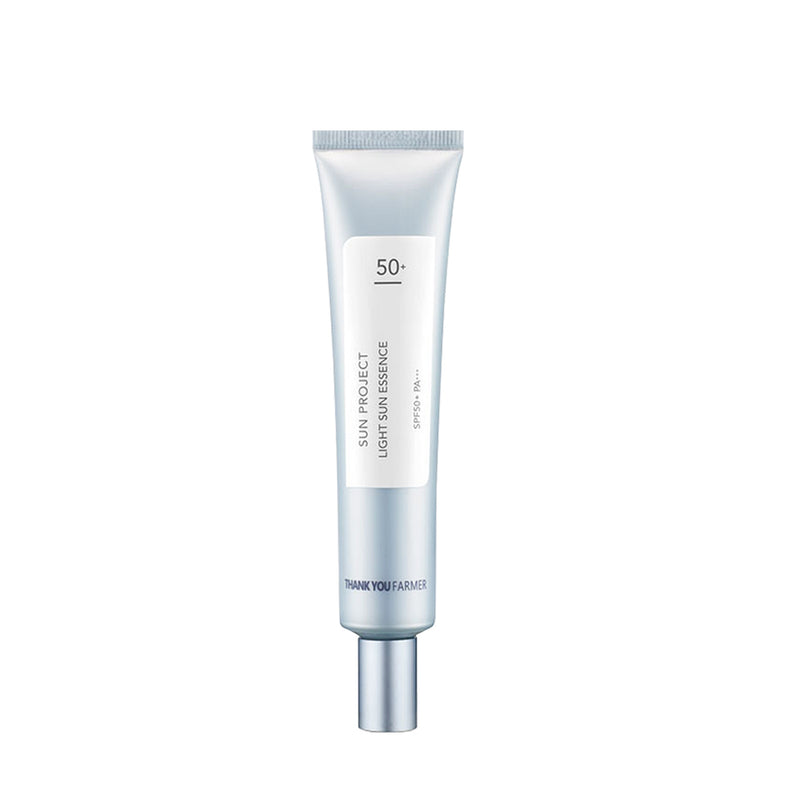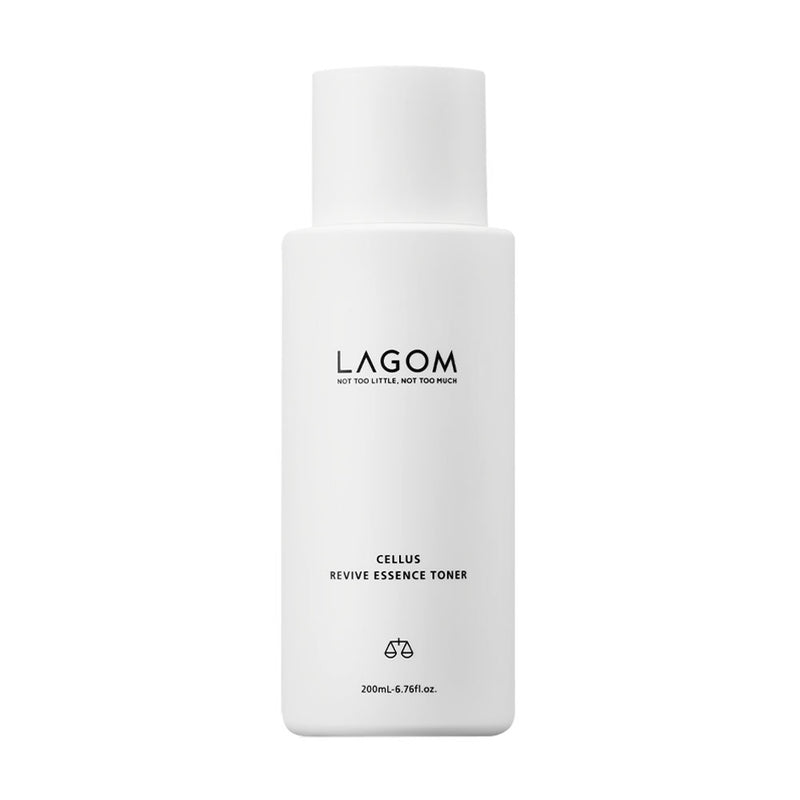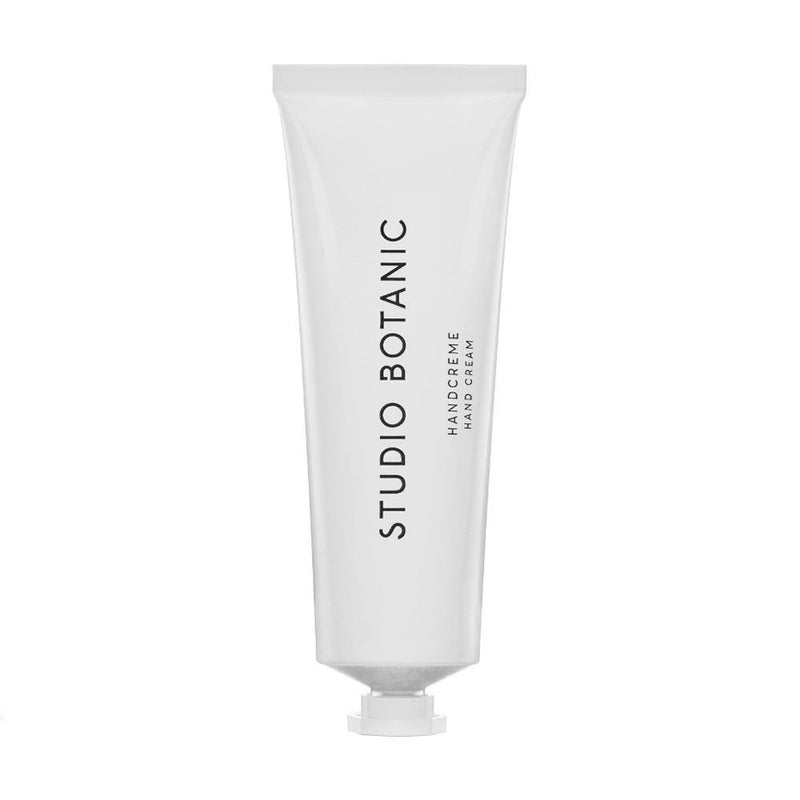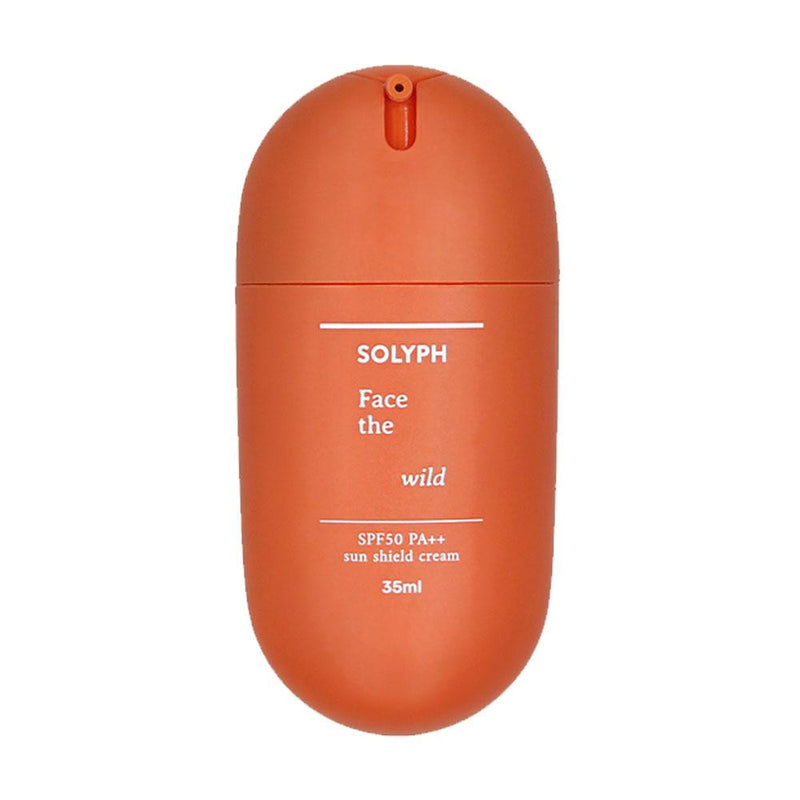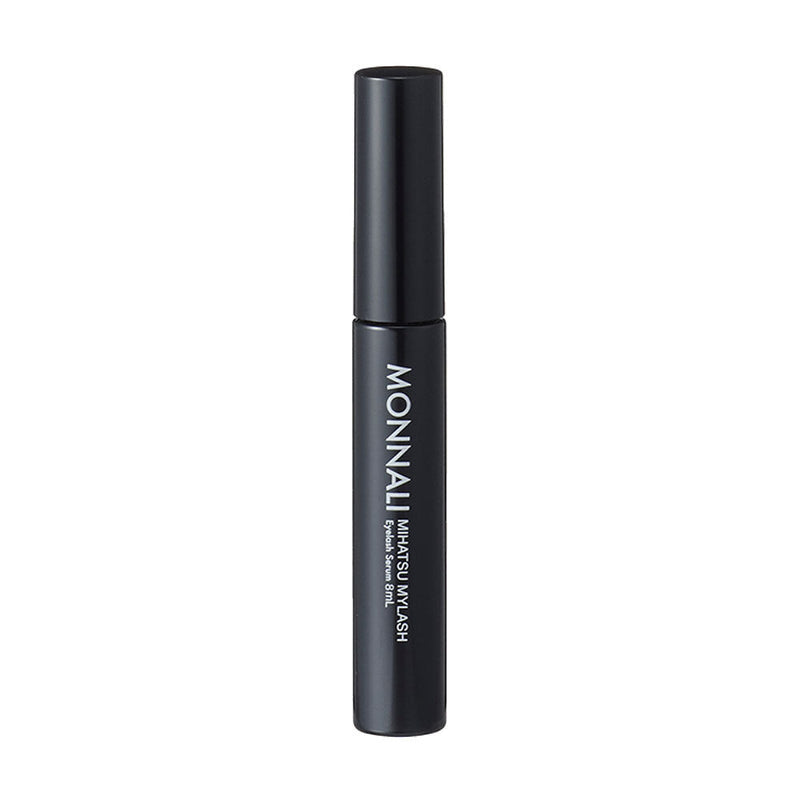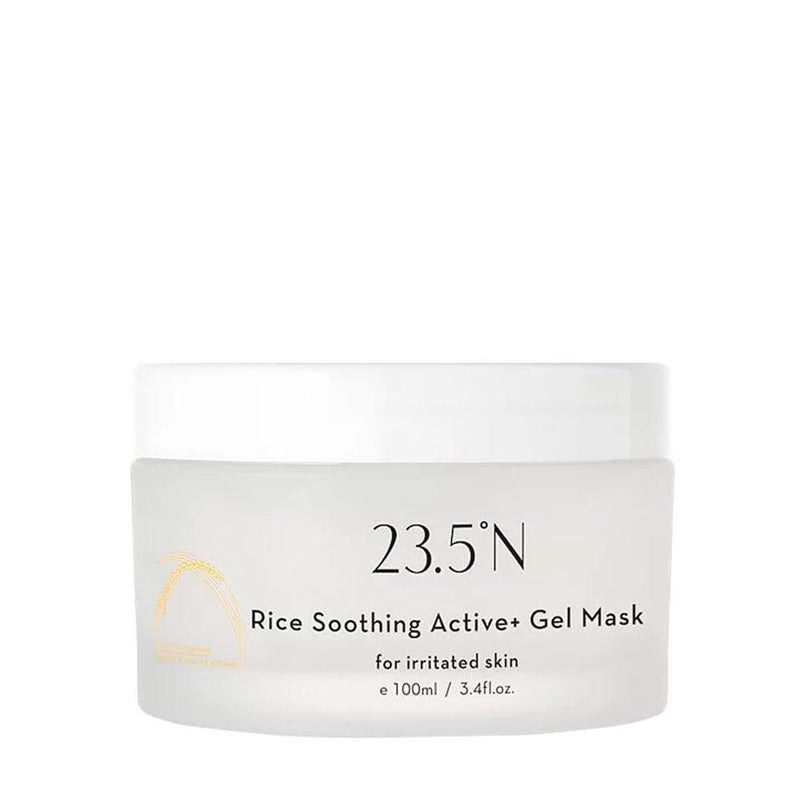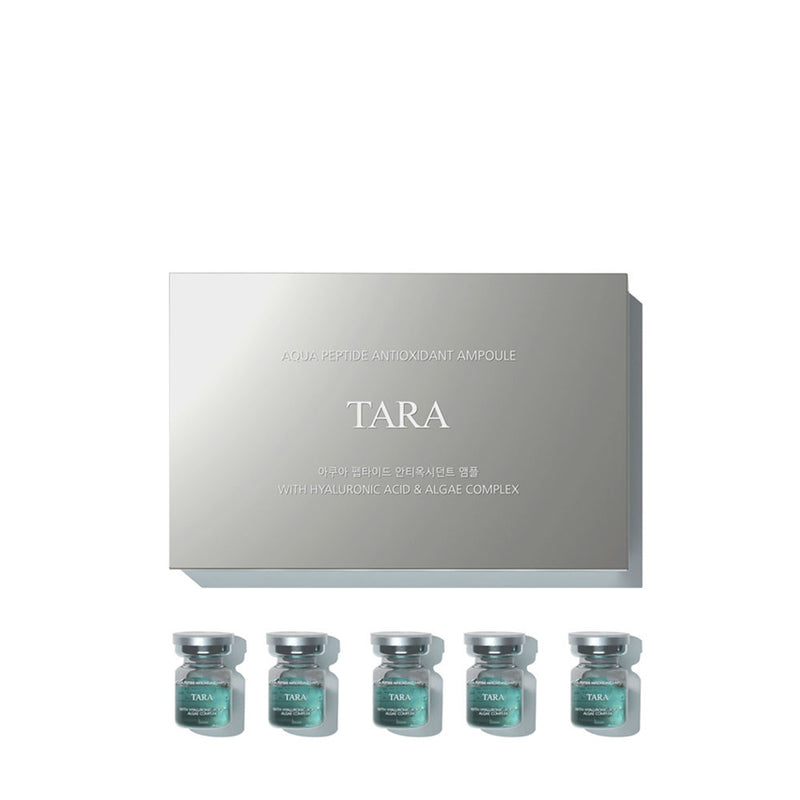Even as the global vaccination effort continues to gather pace, it looks like face coverings will continue to be the norm for some time to come. As we pass the first year since the start of the pandemic, here’s a recap on Maskne, what it is and how to treat and prevent it.
We used to live in simpler times, didn’t we? Face coverings used to be the domain of super heroes, crooks and Michael Jackson. But wearing surgical masks is now the norm and in many places continue to be required by policy and even by law. And rightly so.
Medical experts all over the world agree that if all of us were to wear masks in public areas, that we would be able to drastically reduce the infection rates. This would alleviate some of the stress on healthcare systems all over the world and improve the outcomes such as the mortality rate of the virus.
Even as the global vaccination effort continues to gather pace, it looks like face coverings will continue to be the norm and while the light does seem to have appeared at the end of this covid-tunnel, mask wearing is likely to continue to be a requirement for some time to come.
Long term mask wearing however, has produced some unintended consequences of the skincare variety. If you have developed “breakouts” from wearing masks, don’t fret because you aren’t alone. Commonly known as “Maskne”, this is a common side effect of prolonged mask use and we explore the best ways to prevent and treat it.
What Is "Maskne"?

Most literature out there identifies Mask Acne or “Maskne” as Acne Mechanica which is a type of acne caused by friction and pressure on the skin. While this is largely accurate, Maskne is an umbrella term that encompasses a number of skin issues that can be caused by prolonged mask wearing.
i. Acne. By far the most common form of Maskne, this encompasses all types including Acne Mechanica and Acne Vulgaris. They can cause a number of skin problems such as blackheads, whiteheads and pimples - that also come in a variety, papules, pustules, nodules and more.
ii. Contact Dermatitis. Caused by allergies or sensitivities to the material of the mask you wear, Contact Dermatitis is a type of eczema that can cause your skin to become dry and irritated. In extreme cases, skin can become itchy, blistered, dry and cracked and it may also change the colour of the affected area to red, purple or even grey.
iii. Folliculitis. This is a common skin condition in which hair follicles become inflamed, usually due to a bacterial or fungal infection. Mask wearing creates the ideal humid conditions for bacteria and fungal growth. The underlying infection can cause whiteheads or small red bumps that if untreated can turn into crusty sores.
iv. Rosacea. More common in women than in men, Rosacea is a chronic inflammatory skin condition that usually affects the face. Often misdiagnosed for eczema, acne or other skin conditions, the main symptoms of Rosacea are facial flushing and skin irritation. It can also cause swollen red bumps that resemble acne.
If you are already susceptible to one or more of the conditions listed above then it is more than likely that your recent struggles with them have been exacerbated by prolonged mask wearing.
And What Causes These Conditions?
Well, yes, Maskne is obviously caused by mask wearing but as Maskne can cause several different skin conditions, the specific cause of your symptoms may vary. Understanding what you have will help you better manage your skin condition and understand what personal habits might cure it or be causing it.
i. Clogged pores. In the vast majority of cases, maskne is the result of clogged pores. Our skin is covered with oil, dead skincells, bacteria and other impurities that settle on it. The warm and humid conditions created under the mask is a conducive environment for the build up of these impurities and also bacteria growth. The “perfect storm” for an acne outbreak.
ii. Friction. Constant or prolonged contact and friction between your skin and the mask that you wear is also another possible cause of your recent Maskne woes. Constant movement coupled with prolonged mask wearing can cause chafing that can result in irritation or outbreaks of Acne Mechanica.
iii. Allergies and sensitivities. If you are one of the unlucky ones, then the constant contact and chafing could also be exacerbated by an allergy or sensitivity to the material of your face covering. This is especially common if you use a surgical mask or a mask made from a synthetic material that may have been pretreated with certain chemicals.
If you are making use of a reusable fabric face covering, then the sensitivity could be caused by accumulated impurities on the mask if you have not washed them regularly; or if you wash your masks regularly but still face sensitivity issues, it may be caused by the detergent or softener that you use in your wash cycle.
6 Good Habits To Avoid Maskne
As the age old adage goes, prevention is better than the cure. Given that mask wearing is now the norm and in many instances compulsory, allowing Maskne to develop in the first place could put you in a vicious cycle that will be hard to break. By developing some good habits, you can prevent Maskne from occurring in the first place. Here are some ways to prevent Maskne.
i. Choose the right mask. Make sure that the mask fits well without being too snug as to create friction. If you have particularly sensitive skin, stay away from synthetic materials such as nylon and rayon and go for something natural like cotton.

ii. Wash it right. Wash your face coverings daily or even better still, after every use. Keep multiple masks on hand so that you always have a constant supply and always use unscented, hypoallergenic detergent or softener.
iii. Change it regularly. Replace your disposable face mask regularly. The initial global shortage of surgical masks has largely been resolved and disposable masks are now quite abundant. Keep several with you at all times so that you can change them regularly.
iv. Take a break. Give your skin regular breaks by removing your masks once in a while. The American Academy of Dermatology Association recommends at least 15 mins every 4 hours but any break would give your skin some relief. Remember to remove your mask only when you are able to physically distance yourself from people who aren’t in your household.
v. Cleanse regularly. This time your face. Use a gentle cleanser regularly especially after you have worn your mask for a long period of time. This will help prevent the accumulation of impurities that can cause clogged pores. Follow up with a moisturiser to protect your skin.

vi. Apply an antibiotic cream. If you are particularly susceptible to acne, then applying an antibiotic cream or gel before wearing your mask can help prevent those nasty outbreaks by preventing bacterial growth.
6 Things To Do When Prevention Isn't Enough...
Despite all the best efforts Maskne can still occur. While this is not a life threatening condition, it can be itchy, sore and annoying. The first thing to remember is that you aren’t alone in this and that this is a perfectly treatable condition. So, don’t let it affect you.
The first steps in treating this condition is to prevent further exacerbation of the condition. So, it is important to continue with good hygiene and the preventative steps mentioned above. You should also:
i. Avoid using makeup. It is best to skip the makeup while you are treating Maskne as beauty products such as concealers, foundations and powders can clog your pores and lengthen the time required for your skin to heal.
ii. Cleanse regularly. A good cleansing routine is critical. It is important to continue to cleanser your skin thoroughly at least twice a day and after sweating or prolonged periods of mask wearing to clear away impurities that might worsen your condition. Avoid face scrubs and pat dry instead of wiping to prevent further skin aggravation.
iii. Use a gentle cleanser. Avoid cleansers that contain alcohol or fragrance as these ingredients may cause further irritation. In severe cases, consider using a medicated cleanser that contains ingredients such as Benzoyl Peroxide or Salicylic Acid. For natural or vegan options, you can try Tea Tree.
iv. Moisturise to protect. Skin that maintains a good moisture balance is more resilient. Maintain a strong moisture barrier in your skin by using a noncomedogenic moisturiser (one that does not clog your pores) that contains ingredients such as Ceramides or Hyaluronic Acid.

v. Apply a mild cortisone cream. If your Maskne mostly involves irritation or raw skin, then applying an anti-inflammatory cream such as a mild cortison cream together with your moisturiser can help to relieve the irritation while also protecting your skin.
vi. Fortify your skin. Topical vitamins such as Vitamin C and Retinoids can also be used to reduce inflammation and to help promote skin regeneration. These products are available both in prescription or over-the-counter options.

When To Seek Medical Assistance?
Severe cases of Maskne may require stronger prescription drugs such as topical or oral antibiotics and stronger anti-inflammatories. This will require a visit to the doctor or dermatologist but regardless of what you opt for, it is always recommended to discuss treatment with your doctor first.
“If you experience persistent acne or rash despite proper skincare or show signs of infection such as pain, fever or pus formation, you should see a doctor”, says Dr Jean Ho, dermatologist at Mout Elizabeth Hospital.
If you are unsure about what is causing your Maskne issues, it is always best to consult either your primary care physician or a dermatologist to get a professional evaluation and advice.
The Final Word
Maskne is a generic term referring to several different skin conditions that can be triggered by prolonged mask wearing. Symptoms can include skin irritation, acne, skin discolouration or dermatitis. Understanding the root cause is key to building a routine of good habits that will help cure and prevent re-occurrences of Maskne.
As we continue our global struggles against the Covid-19 pandemic, it is important that we continue to wear our face masks, frustrating as it may be. Good hygiene practices such as regular face washing and good skincare routines can help minimise or prevent the breakouts of Maskne.
While you might do your best in prevention, do not be disheartened if you find yourself struggling with Maskne and know that it is all part of the little sacrifices that we make to help keep our loved ones safe. If your Maskne does persist or get worse despite these recommendations, do consult your primary care provider or a dermatologist.
About the writer

Linn Let Min, a girl born in Myanmar but raised in Singapore. She makes it her mission to embark on a new adventure every day and not to waste her youth. Her motto in life would be to "live in the moment, think later".
